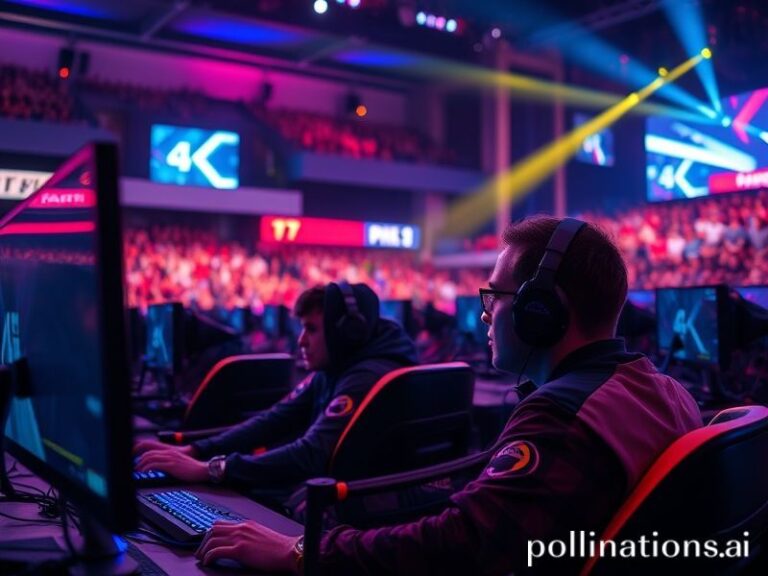south africa vs argentina
South Africa vs Argentina: When the World’s Problem Children Trade Playgrounds
By our jaundiced correspondent in the cheap seats of the global amphitheatre
If geopolitics were a high-school reunion, South Africa and Argentina would be the two former head prefects now chain-smoking behind the bike shed, swapping stories about how the headmaster still owes them money. One sits on the Cape of Good Hope, the other at the mouth of the Río de la Plata; both are convinced the river—or the mountain, or the penguin colony—owes them a refund. This week the two nations lock horns again, this time on a rugby field in Mbombela, but the real scrum is in the bond markets, the UN General Assembly bar, and the dark recesses of Twitter where macro tourists feast on sovereign-risk carrion.
The fixture is ostensibly a warm-up for the Rugby Championship, yet the global audience is less interested in line-outs than in the broader spectacle: two G-20 economies that have perfected the art of snatching crisis from the jaws of recovery. South Africa, still nursing a 33% unemployment rate—roughly the same percentage of citizens who believe the power will stay on for the full 80 minutes—faces off against Argentina, where inflation is now measured in dog-years and the peso is used mainly for origami. Both countries have IMF programmes the way other people have gym memberships: signed, forgotten, and occasionally remembered only when the quarterly statement arrives.
For the rest of the planet, the match is a morality play about the limits of commodity dependence. South Africa sells the coal the rich world no longer wants to admit it burns; Argentina sells the soy that makes European vegans feel morally superior about their hamburgers. In a global economy that claims to worship diversification, both nations remain gloriously monogamous to a single volatile spouse. When Beijing sneezes, both Pretoria and Buenos Aires reach for the same tattered tissue.
The cynical observer—yes, that would be me—notes that the game is sponsored by an international bank that has, at various times, foreclosed on both countries. The halftime show should feature a brass band playing “Money for Nothing” while the Jumbotron displays real-time currency devaluations. Yet the crowd will still roar, because sport remains the last reliable export these nations produce: pain packaged as entertainment, reliably delivered to satellite dishes from Lagos to Launceston.
And there’s the deeper significance. In a fracturing world order, South Africa and Argentina function as global shock absorbers. When the Fed hikes rates, their bonds bleed first. When climate talks turn serious, their droughts arrive on cue. When the Northern Hemisphere needs a cautionary tale about populism, corruption, or the perils of electing charismatic men with complicated hair, the two countries dutifully step forward like volunteer firemen at an arsonists’ convention. They are the canaries in the neoliberal coal mine—except the mine has Wi-Fi and the canaries have Instagram accounts.
After the final whistle, whichever anthem is butchered last will fade into the Highveld night, and the winning captain—probably a lock forward who studied agricultural economics—will praise “the resilience of the people back home,” which is athlete-speak for “please don’t loot my family’s farm.” The losing captain will cite “a few soft moments,” which translated means “our central bank governor just resigned on WhatsApp.” The rest of us will close the betting apps, mutter about the absurdity of caring this much about 30 men chasing an egg-shaped ball, and then check the overnight repo rate like the masochists we are.
Because in the end, South Africa vs Argentina is never just rugby. It’s a reminder that the Global South still plays by rules written in someone else’s ledger, and that the scoreboard we’re really watching tallies debts, defaults, and the dwindling days before another credit-rating downgrade. The match will finish, the floodlights will go dark—well, South Africa’s may flicker—and the world will move on. But the structural imbalances will remain, like a persistent hamstring strain, ready to flare up the next time a hedge fund in Connecticut decides to sneeze.







